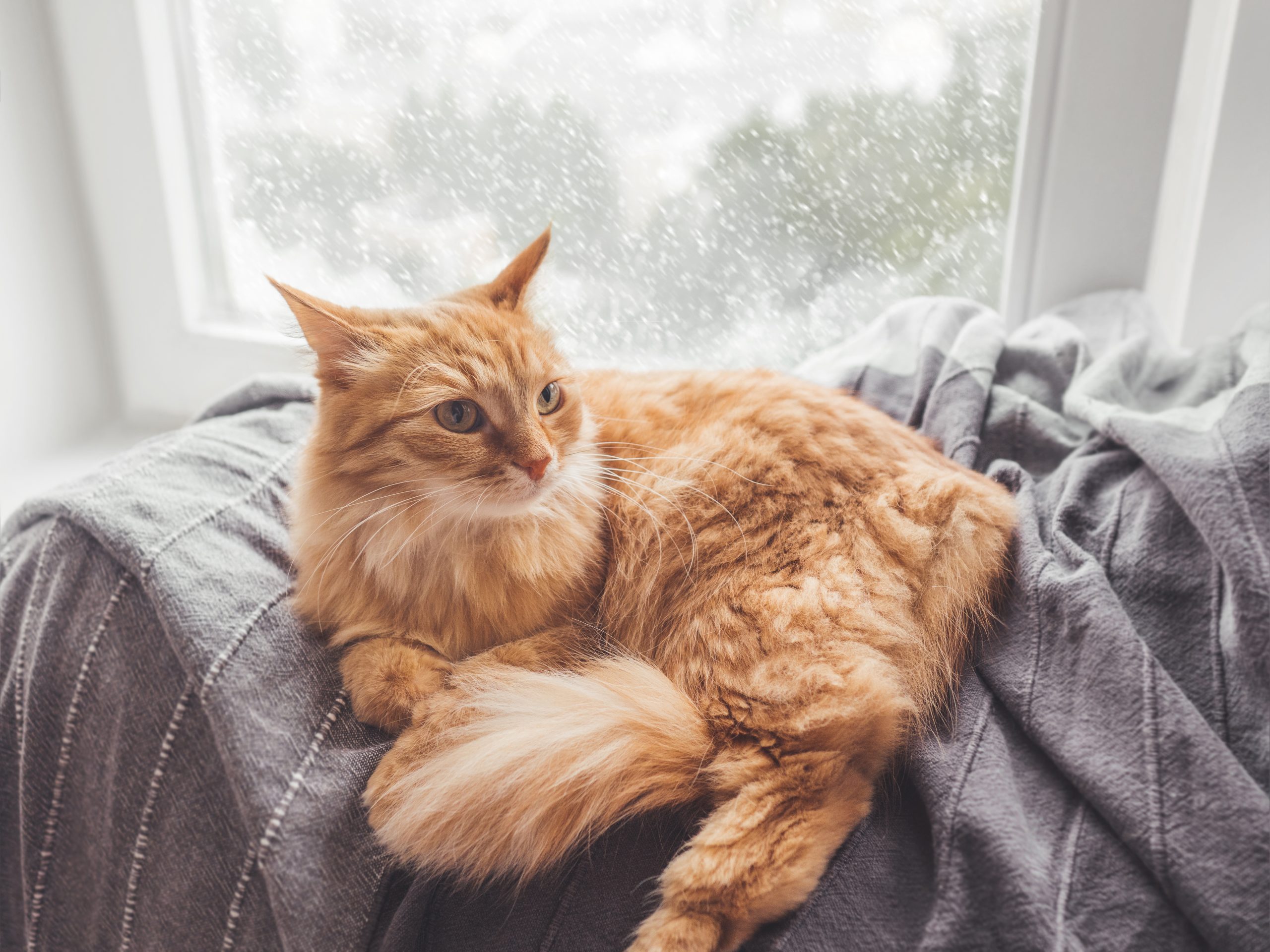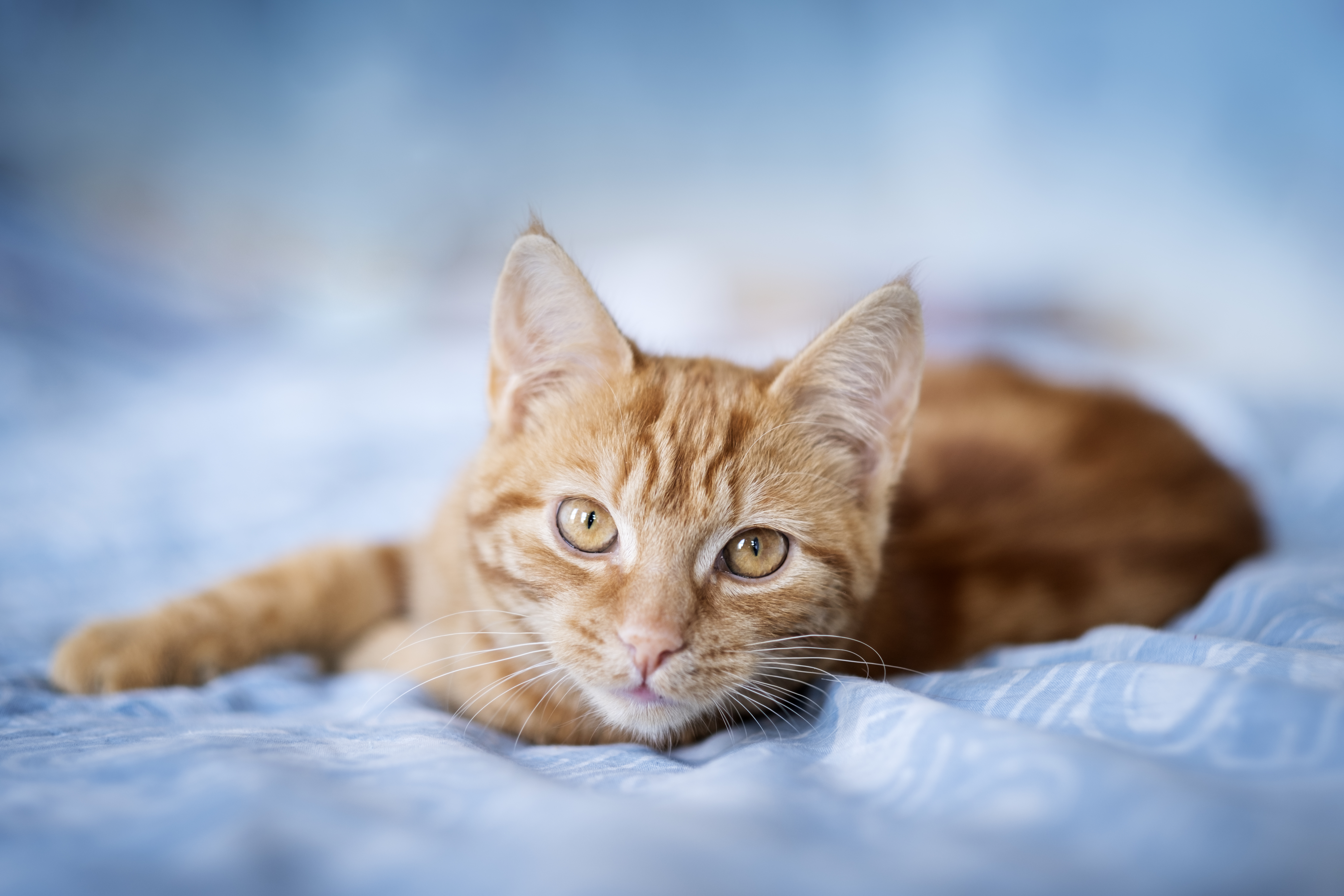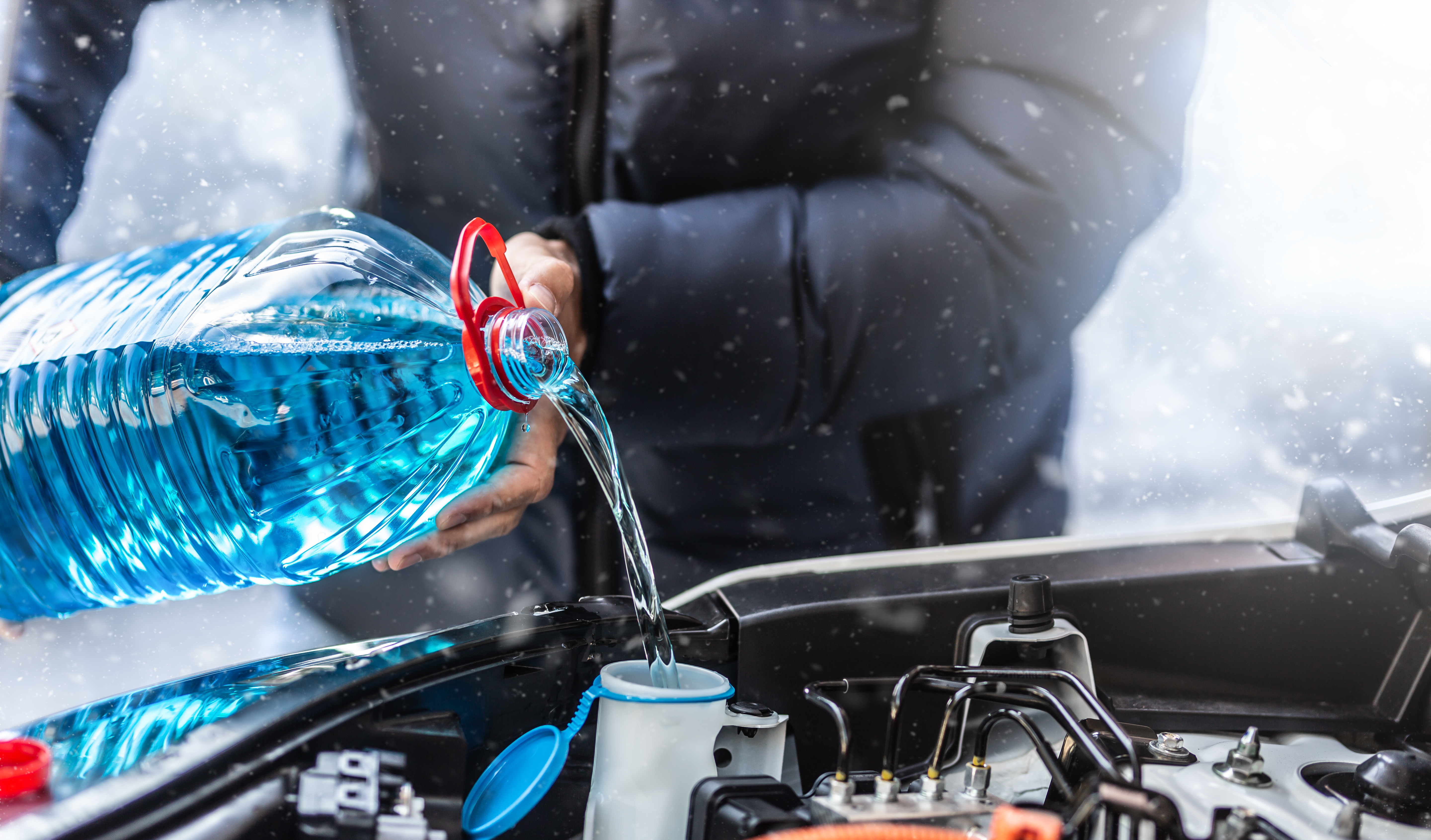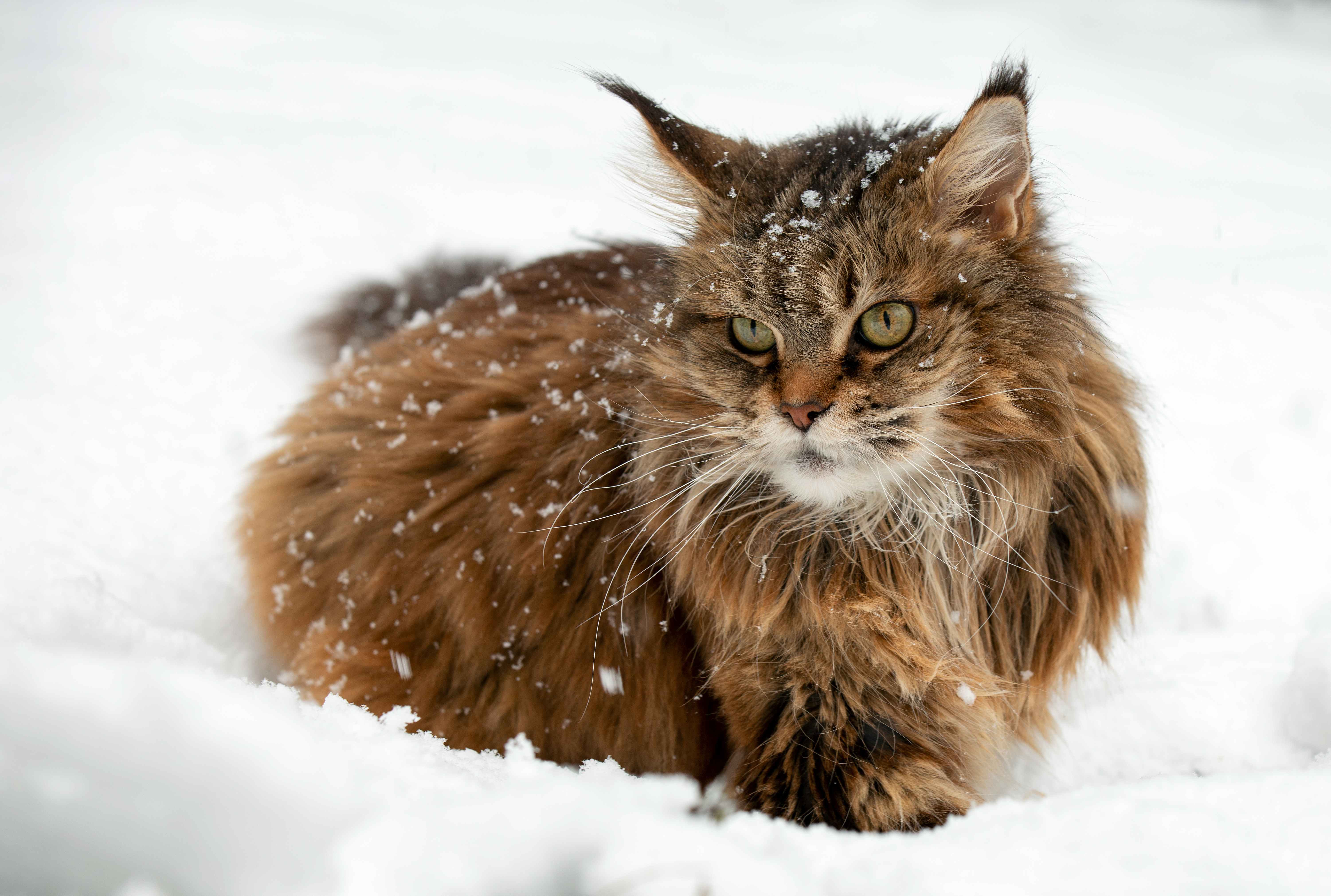RSPCA issue urgent warning as pets die of poisoning from essential winter product


The RSPCA has issued an urgent warning for pet owners to be vigilant and well-informed after multiple deaths due to poisoning from a popular product.
Winter might not be many people’s favourite time of the year, for animals it can prove incredibly dangerous - and not just due to dropping temperatures. Already this year a vet has reminded dog owners about the important thing they need to avoid this winter when it comes to frosty and snowy walks. Whilst washing dog’s paws after every walk has also been advised to prevent harm being caused by gritting salt and earlier this month pet owners were warned against walking their dogs after a mystery illness struck.
Though unfortunately the dangers posed to our beloved pets by this time of year don’t stop there. Now the RSPCA have issued an urgent response after multiple cases of antifreeze poisoning.

As reported by the Shropshire Star, Teme Veterinary Practice in Ludlow has reportedly confirmed that their vets have seen three tragic incidents of cats being brought in displaying signs of antifreeze poisoning. Antifreeze is often thought of as a winter must-have for anyone hoping to keep their car running smoothly despite the plummeting temperatures.
But whilst antifreeze is a popular engine coolant used to lower the freezing temperature of a vehicle’s engine, its effect on animals can be disastrous. The practice has now urged pet owners to consider keeping their cats inside for at least the next few weeks to try and prevent further cases.
In response to these tragic cases, the RSPCA have issued a warning about antifreeze poisoning and shared what concerned owners should do if they suspect their cat has ingested antifreeze.

An RSPCA spokesperson declared, “We are really sorry to hear about the deaths of these cats and extend our sympathies to the pets’ owners. It is the time of year where people use antifreeze in their cars, so if you do, please make sure that there are no leaks and any spills are cleaned up properly.”
Parenting advice, hot topics, best buys and family finance tips delivered straight to your inbox.
“We're also urging cat owners in the local community to be vigilant and know the signs of suspected poisoning,” they continued. "Anyone fearing their cat may have been poisoned should try and remain calm, move the moggy away from the source and contact a vet immediately."
The Teme Veterinary Practice have echoed the RSPCA’s suggestion that owners should familiarise themselves with the signs of antifreeze poisoning. These can include vomiting, seeming depressed or sleepy, seizures, appearing ‘drunk’ or uncoordinated or having difficulty in breathing and whilst affected pets could display multiple signs, just one could be an indicator.

Signs of antifreeze poisoning can also be observed from 30 minutes after the cat has ingested it and the earlier these signs are spotted and the cat receives treatment the better.
According to the RSPCA's guidance, even the smallest amount of this product can cause kidney failure and death. Cats are reportedly particularly susceptible to these terrible effects and it could be 2-3 days before signs of kidney failure can be seen.
At a time when many devoted owners are likely already worried if their pet can get coronavirus, keeping an eye on your beloved animals really could make all the difference this winter.

Emma is a Senior Lifestyle Writer with six years of experience working in digital publishing, ranging from book publishing to magazines. She currently looks after all things Lifestyle for Woman&Home, Goodto.com, and My Imperfect Life.